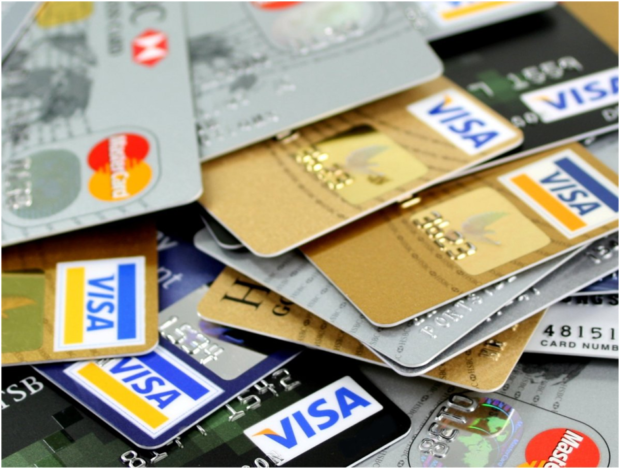Should You Ever Use a Secured Loan for Credit Card Debt Relief?

There are a number of ways to eradicate credit card debt. One of the most effective is a consolidation loan. However, within that strategy there are a number of different approaches, including using home equity lines of credit and refinancing properties.
There are some definite advantages to going this route when it is available to you. However, there are some rather significant drawbacks as well. It’s important to consider both when you’re wondering should you ever apply for a secured loan for credit card debt relief.
Secured vs. Unsecured Debt
Understanding the differences between these two forms of financial obligations is key to this discussion. In the simplest terms possible, an unsecured debt is a loan granted upon your promise to pay and nothing else. Yes, the lender will have looked into your credit history to make the determination, but if your credit score is high, odds are you can get an unsecured loan. However, the associated interest rate will typically be higher than with a secured loan.
A secured loan is one backed by what’s known as collateral. In plain language, collateral is something of value you pledge to surrender if you cannot fulfill the terms of the loan agreement. In this instance it would generally be a home or some other form of real property. A lender is more likely to forgive a slightly lower credit score with something of value to take if the loan isn’t repaid. With something of value backing the loan, lenders also tend to grant more favorable interest rates with secured loans.
The Danger of Using Secured Debt for Credit Card Relief
Credit card obligations are unsecured loans. Worst-case scenario, you get into trouble and cannot pay, you can avail yourself of a number of forms of credit card debt relief, many of which would result in the lender losing some of their investment. In fact, you could default altogether and the worst thing that would happen is you’ll have trouble getting other loans in the future.
On the other hand, a debt secured by your home would mean the lender can force you to sell your house to extract the monies they were expecting to make off of your loan. You’ll lose your house if that’s all the equity you have in the property. In other words, you risk homelessness when you use a secured loan of this type for credit card debt relief.
Should You Do It Anyway?
As risky as it is, this just might be one of the least expensive means of dealing with the debt. Plus, the interest on a second mortgage (which basically is what this is) can sometimes be tax deductible. This makes it a very tempting solution. On the other hand, life is highly unpredictable. What looks solid today could well turn into mush tomorrow.
Before going this route, you should examine every other possible avenue. Maybe you can get a balance transfer card that would encompass the entirety of your debt and give you a window within which you can clear it up with no additional interest charges. Perhaps a credit counseling program with a debt management component could solve the problem. You might even work out payment plans with your card issuers to make repaying easier.
If You Decide to Do It
Make absolutely sure you’ve solved the problem that triggered the situation. Otherwise, you’ll be setting yourself up for a lot more misery. Let’s say profligate spending got you into trouble. It will happen again if you continue doing so once you’ve taken the secured loan. However, you won’t have this solution to fall back upon in that instance.
Ultimately, when you’re considering whether you should use a secured loan for credit card debt relief, you really need to ask yourself two questions.
1. Have you fixed the problem that got you into this situation?
2. Is there any other way?

